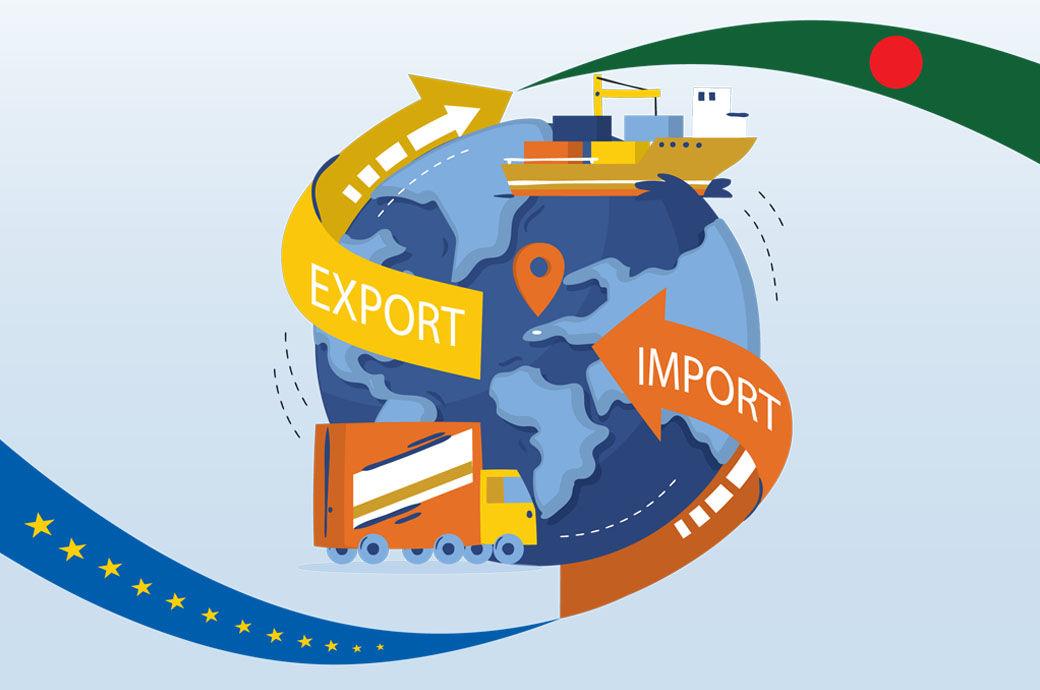
The country's upcoming graduation from the least developed country (LDC) status and the EU’s Free Trade Agreement with Vietnam (EVFTA) may also slow export growth further, he said.
RAPID, with support from Germany’s Friedrich Ebert Stiftung (FES), organised the discussion with the theme ‘The EU-Vietnam Free Trade Agreement: Implications for Bangladesh's Export Competitiveness’.
The cumulative impact of higher tariffs following LDC graduation and Vietnam's diversified trade strategies are expected to significantly affect Bangladesh, he said.
These factors could potentially reduce the country's gross domestic product (GDP) by 1 per cent, he noted.
Under the EVFTA, the EU immediately eliminated duties on 71 per cent of its tariff lines, with the remaining tariffs set to reach zero by 2027. By 2023, Vietnam's exports to the 27-nation bloc had more than doubled those of Bangladesh, despite both countries starting with similar export values in 2002.
Bangladesh now enjoys duty-free market access under the Generalised System of Preferences (GSP) facility. However, this will expire after it graduates from the LDC status by 2026.
To mitigate the challenges posed by the LDC transition, the RAPID chairman recommended several strategies, such as negotiating reduced tariff increases for 3-5 years post-LDC graduation and achieving eligibility for GSP+ benefits.
The economist urged the government to pursue free trade and investment agreements to attract foreign direct investment and enhancing industrial competitiveness to strengthen the country’s position in global markets.
However, Bangladesh has maintained its lead over Vietnam in apparel exports, primarily due to its heavy reliance on the sector, whereas Vietnam's export portfolio is significantly more diversified.
Fibre2Fashion News Desk (DS)